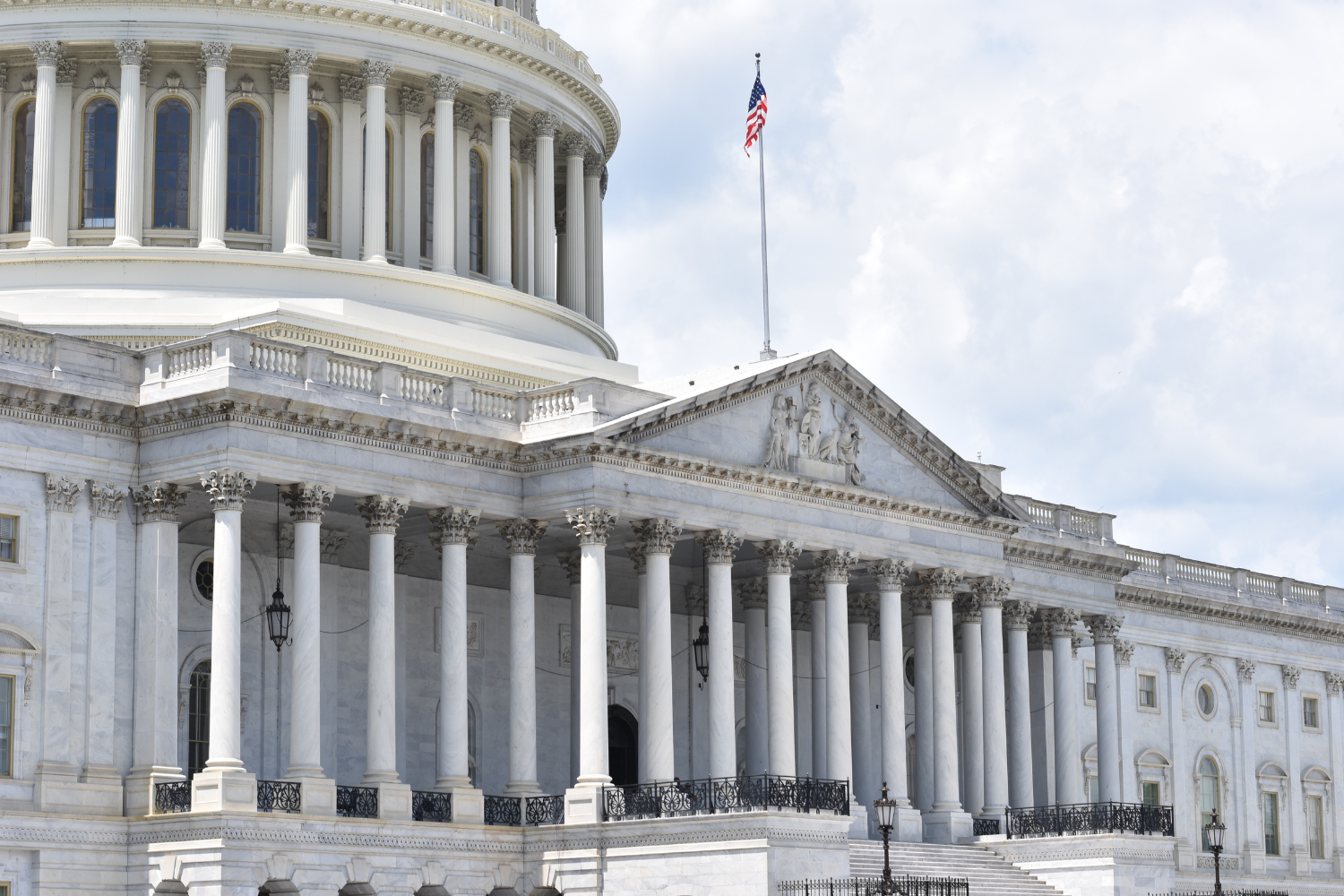On June 24, ACOFP joined dozens of other healthcare organizations in signing a joint letter to the leaders of the Senate Committee on Health, Education, Labor and Pensions (HELP) expressing concern about language put forward by the HELP committee regarding student loans as part of the budget reconciliation package. ACOFP supports efforts to make higher education more affordable. Several provisions in the current legislative draft would unintentionally create significant barriers for aspiring medical and dental professionals, exacerbating workforce shortages and jeopardizing patient access to care. By capping federal loans, eliminating the GradPLUS program, excluding residency years from Public Service Loan Forgiveness eligibility, and omitting interest-free deferment during residency, the bill threatens to limit access to these professions and reduce the availability of care—particularly in underserved and vulnerable communities.
First, the committee’s draft text establishes a $257,500 lifetime cap on federal borrowing, including undergraduate and graduate loans, and eliminates the GradPLUS loan, which allows medical and dental students to borrow up to the cost of attendance. Given that the average tuition and fees for first year medical students in 2023-24 was $49,512 at public institutions and $61,528 at private institutions, this cap would force many future medical and dental students to rely on high-interest private loans— which often offer fewer borrower protections—to finance a portion of their education. This will significantly increase their debt burden and influence critical career decisions, such as whether to practice in underserved communities or to open up their own small business dental or medical practice. Some may find the cost of education prohibitive and decide against a career in medicine or dentistry altogether.
The proposed text would also exclude physicians from counting their residency training years toward eligibility for the Public Service Loan Forgiveness (PSLF) program. This exclusion would represent a significant setback for early-career healthcare professionals, who often rely on PSLF as a pathway to manage their substantial educational debt while serving in nonprofit, academic, or government settings. During residency, providers typically earn modest stipends while working long hours in hospitals and clinics that frequently serve low-income or underserved populations. Disqualifying this period from PSLF eligibility not only undermines the program’s intent to encourage public service but also disincentivizes physicians and dentists from pursuing or remaining in these vital roles.
The letter also encouraged leaders to include language in the reconciliation package that would allow medical and dental residents to defer their loans interest-free during their residency. Language reinstating this ability was excluded from committee’s draft text, despite being included in the House-passed bill. That provision was similar to the bipartisan, bicameral REDI Act (S 942/HR 2028) that many medical and dental provider groups have advocated for in recent years. Although the House-passed bill limits interest-free deferment to four years—falling short for those in medical and dental residencies that exceed four years—it would still offer meaningful relief and help make practice in underserved or academic settings more attainable.
ACOFP has submitted more than 15 comment, joint-sign on, and letters of support since the start of 2025.





